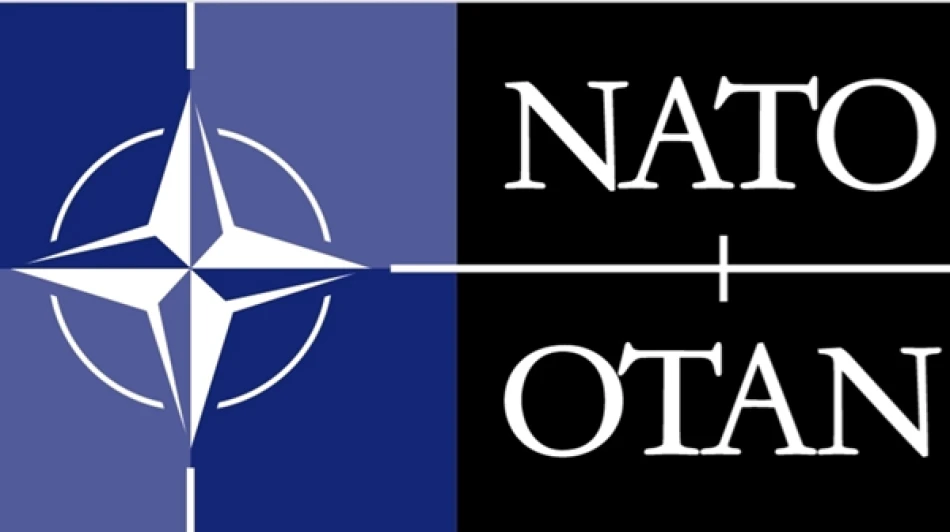
NATO Expects Agreement on Ukraine Security Guarantees
NATO Chief Signals Breakthrough on Ukraine Security Guarantees as 30-Nation Alliance Prepares Paris Summit
NATO Secretary-General Mark Rutte indicated that a coalition of willing nations supporting Ukraine is on the verge of reaching consensus on security guarantees for Kyiv, potentially reshaping the geopolitical landscape as the war enters its third year. The announcement comes ahead of a critical Paris summit involving approximately 30 countries committed to Ukrainian defense.
Coalition Momentum Builds Ahead of Paris Meeting
Speaking after his Wednesday meeting with Estonian President Alar Karis in Brussels, Rutte expressed optimism about imminent progress. "I expect that what we can offer collectively will become clear to us tomorrow or shortly thereafter," he stated, referring to the Thursday gathering in Paris of the so-called "coalition of the willing."
The NATO chief emphasized the potential for enhanced coordination with the United States, suggesting that any security framework would likely involve close transatlantic cooperation. This development signals a possible shift from ad-hoc military aid to more structured, long-term security commitments.
Strategic Implications for European Security Architecture
Beyond Traditional NATO Frameworks
The emergence of this 30-nation coalition represents a pragmatic approach to Ukrainian security that sidesteps the complexities of formal NATO membership. Unlike the alliance's Article 5 collective defense clause, which requires unanimous consent and has historically been difficult to extend, this coalition model allows willing nations to provide security assurances without the political complications of full membership.
This approach mirrors successful precedents in international security cooperation. The Contact Group on Ukraine's Defense, led by the United States, has already demonstrated how coalitions can deliver substantial military support outside traditional alliance structures.
Timing and Geopolitical Context
The timing of this potential breakthrough is significant. With the incoming Trump administration's stated desire to end the Ukraine conflict quickly, European leaders appear to be consolidating their position on long-term Ukrainian security. The coalition's formation suggests European nations are preparing to shoulder greater responsibility for regional security, regardless of shifts in U.S. foreign policy priorities.
Estonia's involvement, represented by President Karis, underscores the Baltic states' central role in pushing for robust Ukrainian support. As frontline NATO members with direct experience of Russian pressure, the Baltic nations have consistently advocated for comprehensive security guarantees that go beyond temporary military aid.
Market and Defense Industry Implications
The prospect of formalized security guarantees could trigger significant shifts in European defense spending and procurement. A structured commitment to Ukrainian security would likely require sustained defense industrial capacity, potentially benefiting European arms manufacturers and defense contractors.
For financial markets, clarity on long-term security arrangements could reduce uncertainty about the conflict's trajectory, though the specifics of any guarantees will determine their ultimate market impact. Defense stocks across Europe have already seen increased investor interest as governments boost military spending in response to the war.
The Path Forward
The Paris summit represents a critical juncture for Western support of Ukraine. Success in defining concrete security guarantees could provide Kyiv with the long-term assurances it seeks while offering European allies a framework for sustained engagement that transcends individual national politics.
However, the devil will be in the details. The effectiveness of any security guarantee system will depend on the specific commitments each nation is willing to make, the mechanisms for implementation, and the durability of political support across diverse coalition members. The challenge lies in balancing ambitious security assurances with realistic capabilities and political constraints across 30 different national contexts.
Most Viewed News

 Layla Al Mansoori
Layla Al Mansoori






